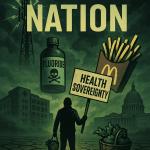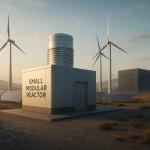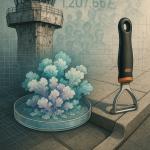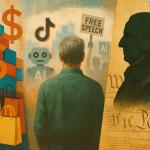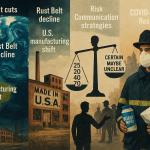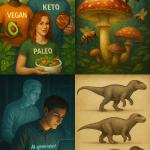The newly-released MAHA Commission Report may have garnered headlines in the legacy media, but the lobbying arm of MAHA, MAHA Action, has partnered with a film company to produce the first of four movies, Toxic Nation.
Other Science News
Nuclear energy has been with us for eight decades, with decadal ups and downs for the last half-century.
The problems with air flights, with Newark, the poster child, speak to the years of neglect of our infrastructure. Countless administrations have tried to update systems, but other interests have prevailed, including the needs of the 1%.
ACSH salutes Cheryl Martin, who is retiring today after more than 45 years of devoted service. Cheryl was initially hired by our founder, Dr. Elizabeth Whelan, as her executive assistant.
One of the reasons we are in a trade war is because we are the world’s greatest consumers.
The White House has proposed significant budget cuts to NASA, including a nearly 50% reduction in the Science Mission Directorate, which would heavily impact the Goddard Space Flight Center.
There are about 46,000 organ transplants performed a year in the US; their success is, in considerable measure, due to the pioneering work of Gertrude Elion.
In a move that has stunned scientists, educators, and policy experts, President Donald Trump’s proposed 2026 federal budget outlines a series of sweeping and unpr
I joined John Batchelor to discuss the nomination of Dr. Casey Means’ for U.S. Surgeon General, and we dove straight into what troubles me most: She’s less a physician than a high priestess of the Wellness-Industrial Complex. Also she has an M.D.
Our food choices are often cultural. Soul-satisfying foods are based on food memories. So it should not be surprising that we consider some forms of dietary preferences, cultish.
